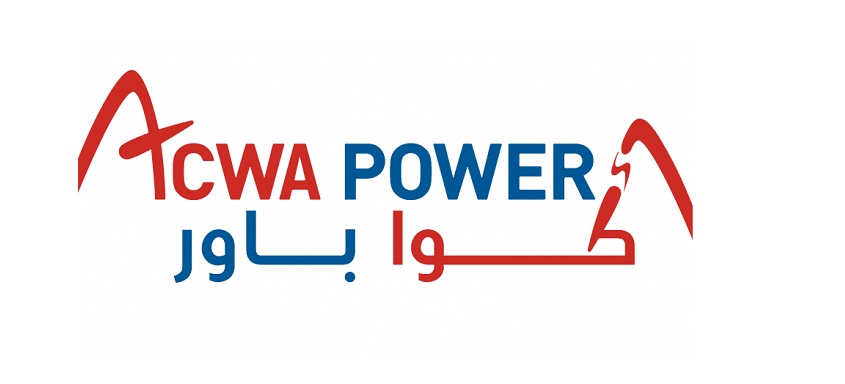RIYADH : In a major boost to Saudi Arabia’s sustainability efforts, an ACWA Power-led consortium has secured financial closure for the Al-Shuaibah solar projects, with an investment of $2.37 billion, the company said in a press statement.
Touted to be the world’s largest solar project with a capacity of 2,061 megawatts, Al-Shuaibah 1 and Al-Shuaibah 2 projects, located in Jeddah are expected to be operational by 2025, it added.
Once completed, the solar project is expected to provide power to approximately 450,000 households, as stated in the press release.
ACWA Power CEO Marco Arcelli, said: “Securing financing for this groundbreaking project marks a significant step toward achieving Saudi Arabia’s clean energy goals, in alignment with the National Renewable Energy Program, which aims to generate 50 percent of electricity from renewable sources by 2030.”
The consortium, in addition to ACWA Power, includes Saudi Arabia’s Public Investment Fund unit Badeel and the Saudi Arabian Oil Co., also known as Saudi Aramco.
“We are truly proud of this milestone and look forward to working closely with our key partners PIF, Aramco, and other contributors to successfully realize a sustainable future,” added Arcelli.
In the press release, the company stated that the senior debt financing for this plant, amounting to $1.63 billion, comprises a $450 million Saudi riyal-denominated loan from the National Development Fund on behalf of the National Infrastructure Fund. Additionally, the financing includes a $1.18 billion US-dollar-denominated commercial facility provided by a consortium of local, regional, and international banks.
Saudi Power Procurement Co. is the procurer and off-taker for the projects. The new project will be jointly owned by Badeel, which will have a 34.99 percent stake, while ACWA Power and SAPCO will hold shares of 35.01 percent and 30 percent respectively.
Husam Al-Ghailani, CEO of Badeel, said the PIF unit will continue its efforts to support the renewable energy sector in the Kingdom, and to develop 70 percent of Saudi Arabia’s renewable energy by 2030.
Mohammed Al-Qahtani, president of downstream at Saudi Aramco, added: “While oil and gas will play a major role to meet the energy demand of today and tomorrow, renewables will increasingly play a part in the energy transition to address the climate change challenges. The projects mark a significant milestone to support Aramco in achieving its decarbonization targets.”

